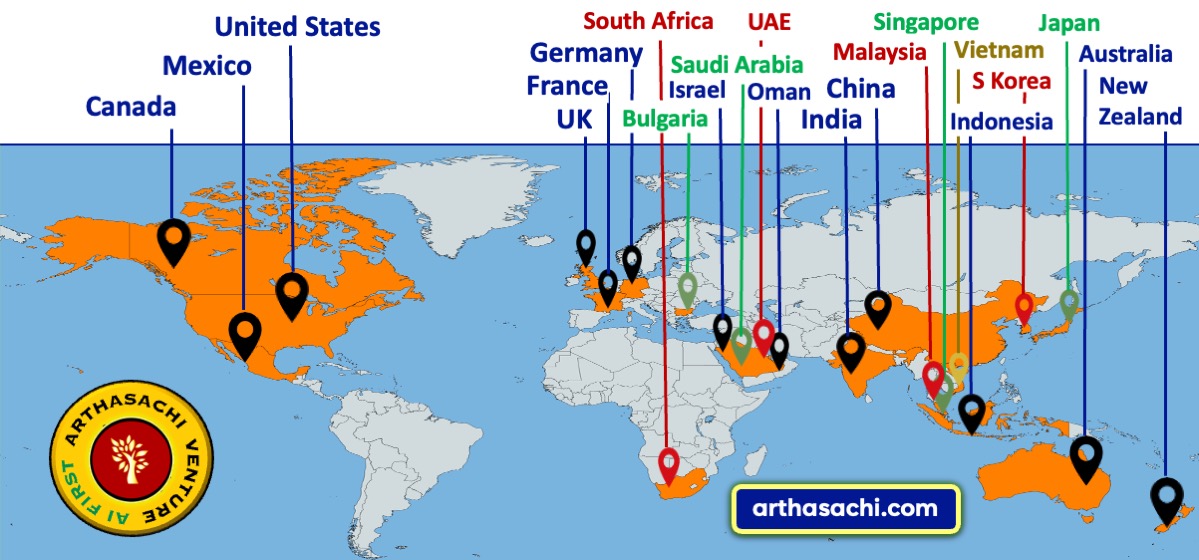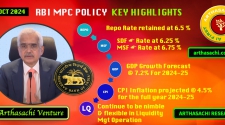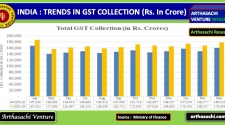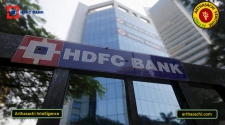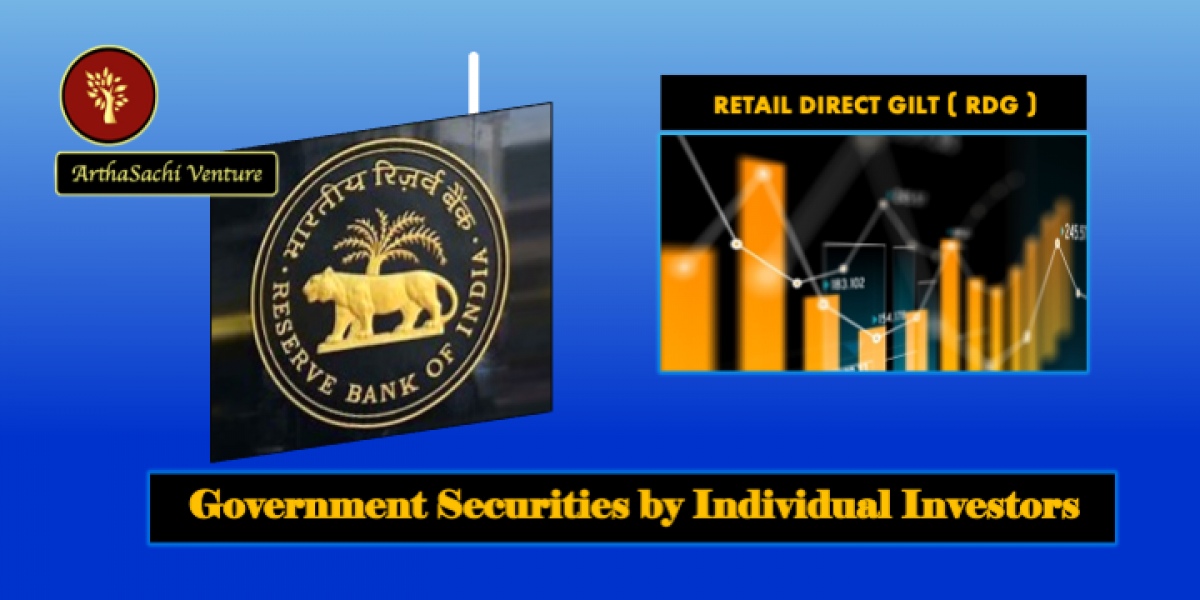
RBI allowed retail investors to invest in gilts via direct platform
Indian Economy get another boost, RBI platform will be open for the investors to trade in treasury bills, sovereign gold bonds, state development loans and dated securities.
RBI today launched the “RBI Retail Direct (RBI-RD) Scheme facility. This move will increase direct retail participation in gilts; and open up new avenues for the government funding towards infrastructure project, other state funding in a very cost effective manner. It will introduce another source of investment option for the retail investor to tap G-Secs and in turn RBI widen the investor base.
What’s in the Scheme
The RBI Direct scheme is a one stop solution to facilitate above investments.
- Retail investors (individuals) can open and maintain the Retail Direct Gilt Account (RDG) with RBI
- RDG Account can be opened through an online portal
- Investor can access to primary issuance of government securities
- Investor can access to NDS-OM which he can used for trading in government securities in the secondary market
Eligibility
- Retail Investors, having rupee saving account, PAN card, Valid KYC, Email id and registered mobile number
- Non Resident investors eligible to invest in this scheme
- The RDG account can be opened singly or jointly by retail investor
Fees and Charges
No fee will be charges for opening and maintaining RDG account. Aggregator will also not charge any fees submitting bids in the primary auctions. Fee for payment gateway etc, as applicable will be borne by the registered investor.
Investor Services
Account Statement, Nomination facility, Pledge/Lien and Gift Transaction will be available.
What is so special about the scheme ?
Mutual funds was always the best way for the investors to buy G-Sec through Gilt Funds. Some of the more knowledgeable investors use to opt for G-Sec dealers in RBI’s primary market auction. In BSE and NSE existing G-Sec are also listed for investors to buy or sale, but it failed to catch the investor attention as market was illiquid.
The introduction of RDG account, RBI removed one more intermediate Constituent subsidiary general ledger (CSGL) account which use to act as a pseudo demat account that holds government securities on the NDS-OM. RDG account is free with no maintenance changes which will bring down the charges for the investors.
Indian PM Modi said, “Direct retail investment in G-Sec will lead to financial inclusion and deepen capital market.”
What is in for the Investor ?
For a long term investors looking for capital protection investment in G-Sec is attractive, as it provide assure return at no credit risk.
Pricing of G-Sec will determine the success of this scheme. If RBI decide to price G-Sec attractively with the comparable product available in the market having similar tenor like Banks FD, NPS, PPF, NSC etc and ensure adequate liquidity for the investor in the NDS-OM; it will act as a game changer for the economy as a whole.
Top News
Other News
MARKETS
WEALTH
ECONOMICS
START UP
TECHNOLOGY
BUSINESS
Alliances and Partners

Arthasachi Venture Footprints
